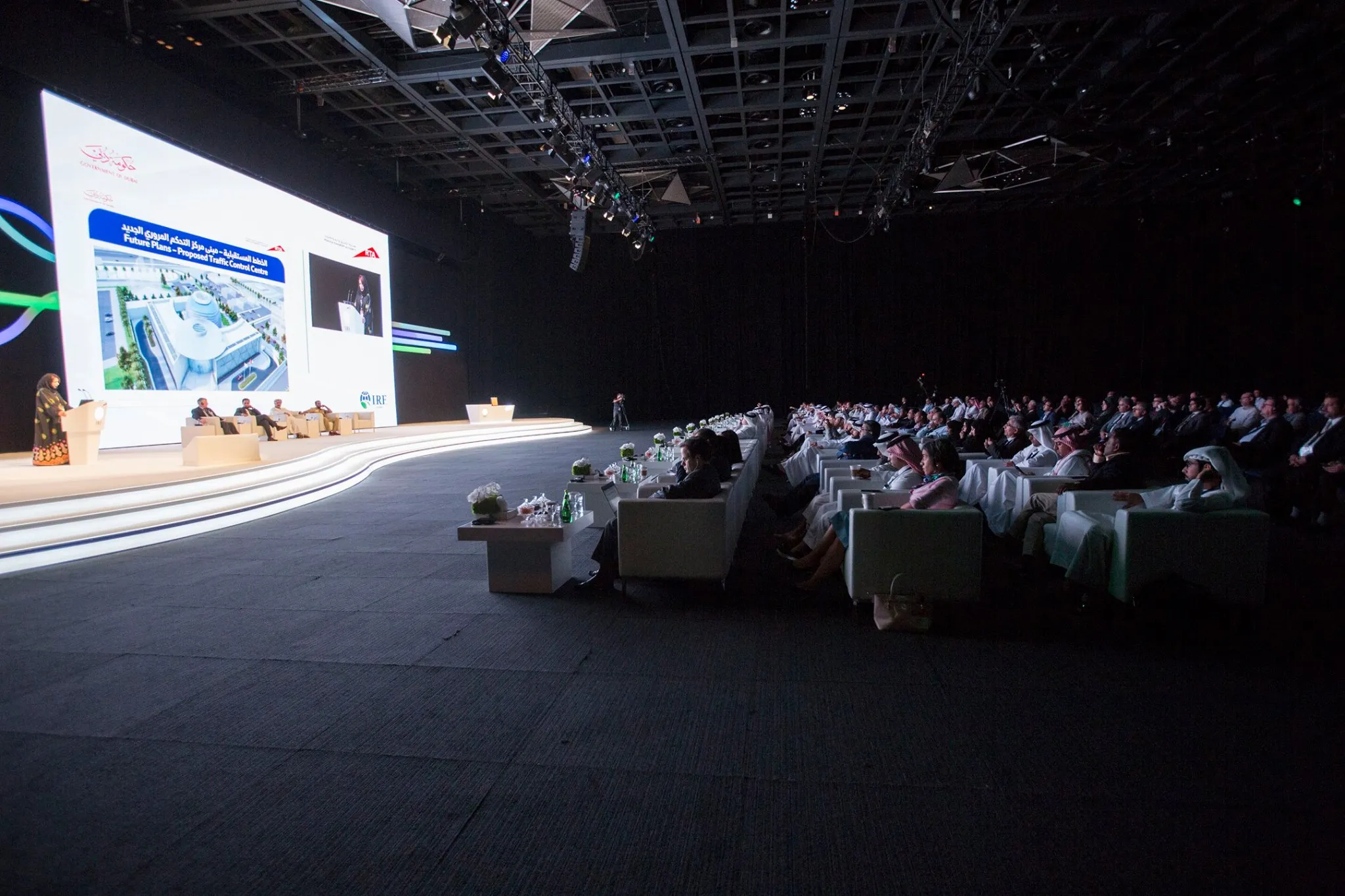The UN Road Safety Collaboration has used support from the World Health Organisation in its development of a Global Plan for the Decade of Action for Road Safety 2011-2020 (DARS).
February 29, 2012
Read time: 2 mins
The 3394 UN Road Safety Collaboration has used support from the 3263 World Health Organisation in its development of a Global Plan for the Decade of Action for Road Safety 2011-2020 (DARS).
The713 International Road Federation came together with former US Secretary of Transportation Norman Y Mineta, key Members of Congress, government officials and other organisations in US capital Washington DC to launch DARS. Government, international agencies, civil society organisations, the private sector and other stakeholders have all joined forces with the UN and the World Health Organisation through an extensive consultation process.The plan enjoins all concerned agencies, organisations, and groups, including all road users, to work together to strengthen preventive programs to reduce road deaths and injuries around the world.
More than 1.3 million people die every year on the world's roads and up to 50 million are injured.
Events for the DARS launch included a press conference, expo, congressional briefing and reception. In conjunction with the events,2462 IRF-WPC president and CEO Patrick Sankey announced that IRF's newest Executive Seminar Series will be entitled Road Infrastructure Safety Management. "This series will focus on the issues that are key to a successful implementation of a Road Infrastructure Safety Management System, with the goal of integrating safety into all aspects of design, planning, and construction, while ensuring the most effective use of resources and investment," said Sankey. Michael Dreznes, co-chairman of the IRF Road Safety Committee and vice president of sales and marketing for 165 Barrier Systems said, "IRF's Road Safety Committee strongly supports the Decade of Action. Through the implementation of proven standards and products, and by improving education, enforcement, engineering and emergency response, we can end needless deaths," said Dreznes.
The
More than 1.3 million people die every year on the world's roads and up to 50 million are injured.
Events for the DARS launch included a press conference, expo, congressional briefing and reception. In conjunction with the events,








